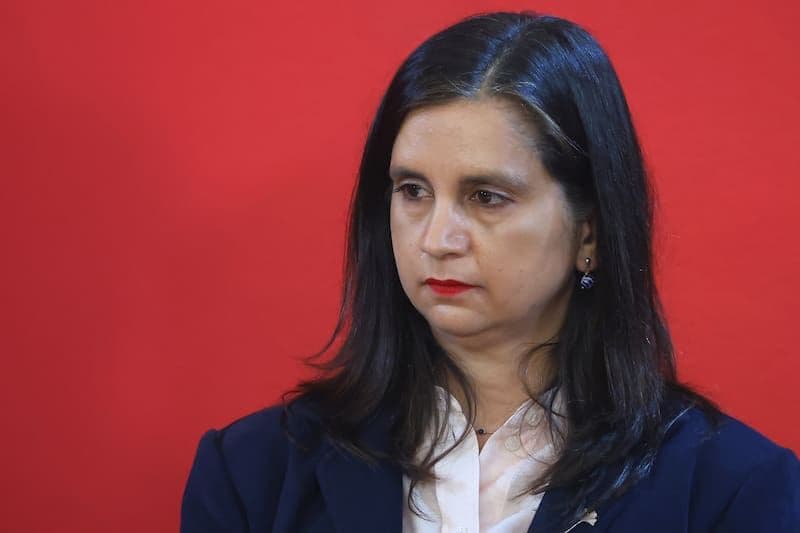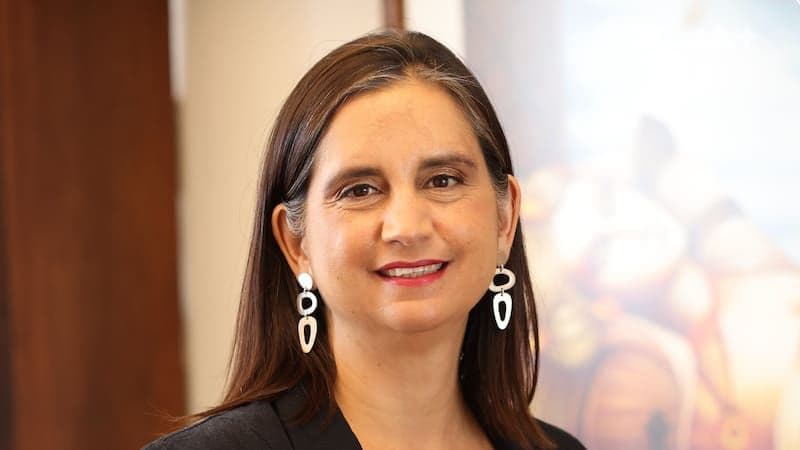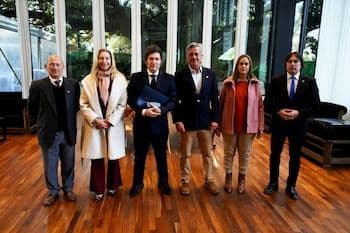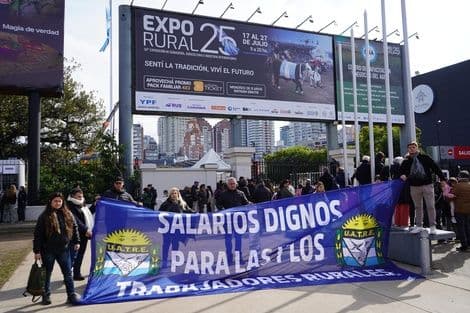Cultivating Change: Ignacia Fernández's Independent Path to Chile's Agricultural Future
Explore how Ignacia Fernández, with her unique sociological lens and independent stance, is redefining Chile's agricultural policy for social equity and sustainable growth.

The Architect of Rural Progress: Ignacia Fernández's Distinct Trajectory
Ignacia Fernández Gatica's journey to leading Chile's Ministry of Agriculture is marked by a distinctive blend of academic rigor and hands-on experience, positioning her as a formidable force for rural progress. A sociologist by training from the , she further honed her intellectual prowess with a Master's in Political Science from the and a Doctorate in Sociology from the . This robust academic foundation underpins her holistic perspective on agricultural challenges. Professionally, Fernández has an impressive track record, notably serving as the Executive Director of , a role that immersed her deeply in the complexities of regional development. Her expertise also extended to government as an advisor to the Budget Directorate () within the from 2014-2015. This rich background culminated in her historic appointment as Minister of Agriculture, making her only the third woman to ever hold this pivotal position in , following Marigen Hornkohl and María Emilia Undurraga. Her return to the ministry, having previously served as Undersecretary of Agriculture, signals a renewed commitment to shaping Chile's agricultural landscape.
An Independent Force: Navigating Chile's Political Currents
What truly sets Ignacia Fernández apart in Chile's political arena is her steadfast independence. In a landscape often defined by party affiliations, Fernández operates as an unaligned professional, a characteristic that lends a unique flavor to her leadership. Her recent appointment as Minister of Agriculture by President marks a significant return to the cabinet, coming after an 88-day hiatus from government. This period saw her briefly stepping away from her role as Undersecretary of Agriculture to contribute to 's presidential primary campaign, a move that showcased her dedication to broader political projects even outside a direct government role. Tohá herself acknowledged Fernández's "experience and enthusiasm" during that time. Fernández's ministerial designation also followed a notable political shift, succeeding , whose resignation stemmed from a breakdown between his party, the Social Green Regionalist Federation, and the Executive. Her re-entry into the government, this time at the helm of the ministry, underscores President Boric's trust in her capabilities, seeing her as a unifying figure capable of navigating complex political currents and delivering on critical agricultural reforms, irrespective of party lines.
Beyond the Harvest: A Sociological Vision for Agricultural Transformation
Ignacia Fernández's deep roots in sociology are not merely academic distinctions; they are the very lens through which she approaches agricultural policy, offering a vision that extends far beyond yield statistics and export figures. Her time at , the Latin American Center for Rural Development, profoundly shaped her understanding of agriculture as an intricate social system, rather than just an economic engine. This sociological perspective emphasizes the human element at the heart of rural life: the livelihoods of campesinos and small-scale family farmers, the social fabric of rural communities, and the equitable distribution of resources. It champions a holistic transformation that considers social equity, strengthens rural resilience, and fosters sustainable development as non-negotiable pillars. For Fernández, a thriving agricultural sector isn't solely about maximizing production; it's about ensuring food security, empowering local producers, and building robust, adaptive rural economies that can withstand future challenges. This approach signifies a departure from purely market-driven models, advocating instead for policies that cultivate a more inclusive and sustainable future for all stakeholders in Chile's diverse agricultural landscape.
Seeding the Future: Strategic Priorities for Chile's Agricultural Sector
With a clear sociological vision guiding her, Ignacia Fernández has articulated a set of strategic priorities designed to steer Chile's agricultural sector toward a more resilient and equitable future. Upon her return, she immediately highlighted critical legislative and operational challenges, including advancing initiatives on soil management and pushing forward a comprehensive forest fire prevention law. Furthermore, she aims to develop a "mixed forest or sustainable forest promotion bill," signaling a strong commitment to environmental stewardship and sustainable forestry practices. Fernández's agenda deftly balances the needs of the robust agro-export sector with a steadfast dedication to supporting campesinos and small-scale family farmers, working closely with institutions like . This dual focus ensures that while remains competitive on the global stage, the foundational well-being of its rural communities is not overlooked. The impending start of a new agricultural season under her leadership will undoubtedly see these priorities translated into concrete actions, fostering an agricultural sector that is not only productive but also socially just and environmentally sound, truly cultivating change from the ground up.
Related Articles

A New Harvest: Ignacia Fernández's Independent Path to Chile's Agricultural Leadership

A New Harvest: Ignacia Fernández's Independent Path to Chile's Agricultural Leadership

Argentina's Unpaved Promise: The High Stakes Driving La Rural's Critical Dialogue

Argentina's Unpaved Promise: The High Stakes Driving La Rural's Critical Dialogue

The Pampas Paradox: Unraveling Argentina's Turbulent Agricultural Destiny

The Pampas Paradox: Unraveling Argentina's Turbulent Agricultural Destiny

Harvesting Inequality: Argentina's Rural Workers Fight for Dignity Amidst Abundance
